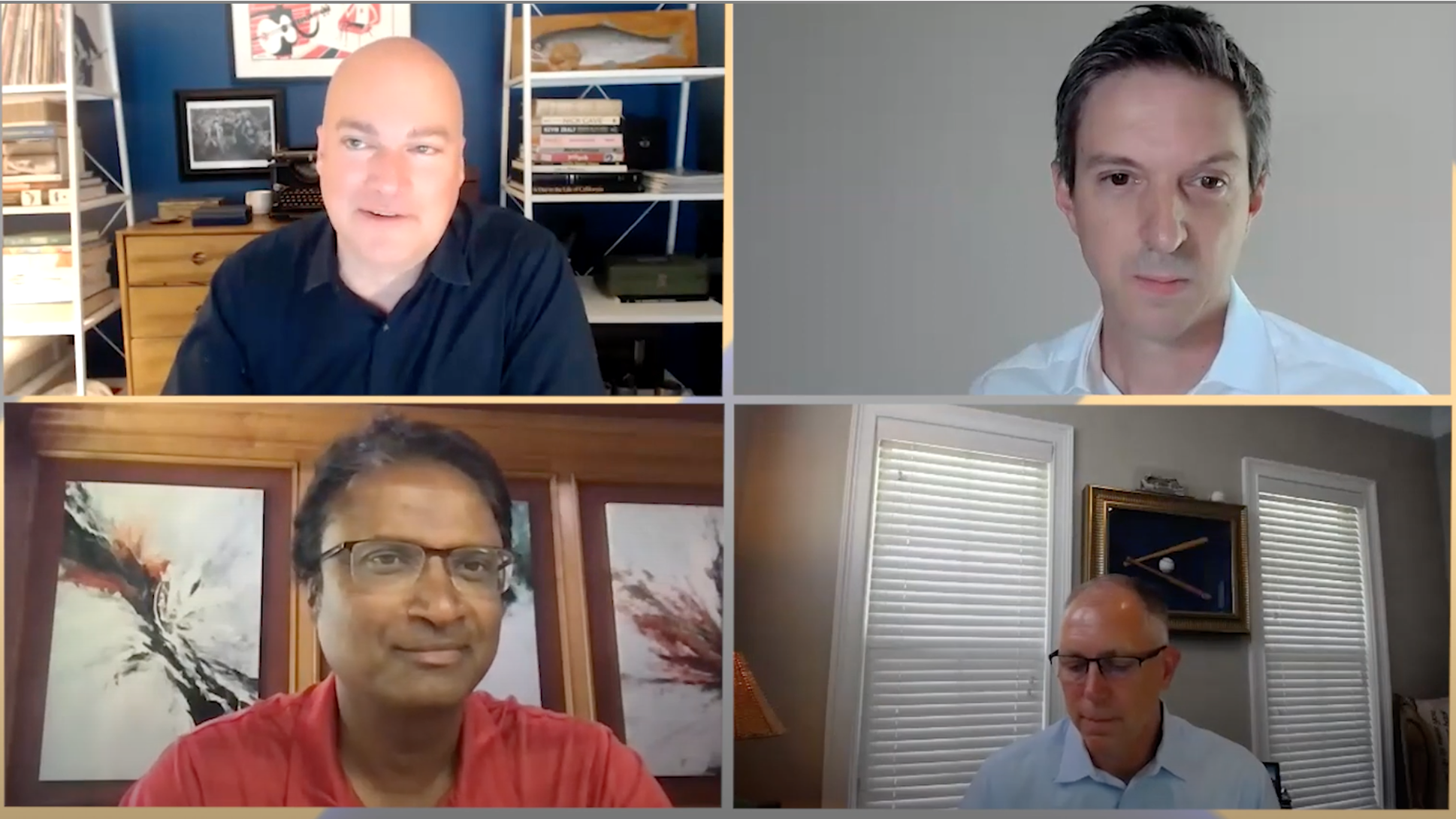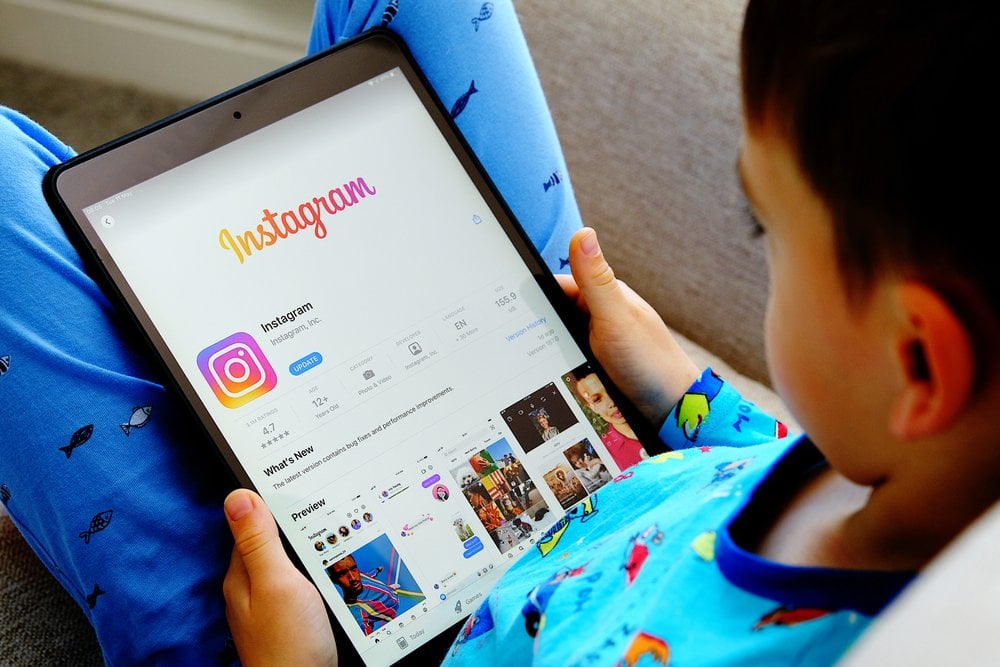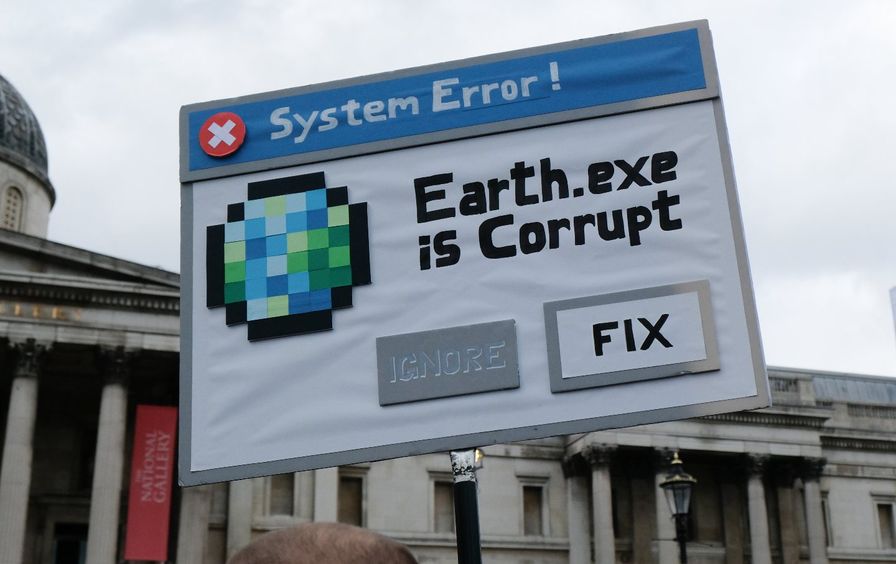In this short talk from Techonomy 2011 in Tuscon, Ariz., Miles Beckett, CEO of EQAL, talks about how he took charge of his life by quitting medicine to do what he really loves. After years of medical training and practice, Beckett realized that in order to be happy, he needed to embrace his creativity. He launched the webisode series Lonelygirl15 in 2006, and went on to create EQAL, a media company that manages brands and celebrities.
Beckett: So six years I was a surgical intern at Loma Linda Medical Center in Southern California. It was around this time, the warmth of summer gone and snow visible on the peaks of the surrounding mountains, that I made a decision to leave everything that I knew, quitting surgery, to follow my dreams to work at the intersection of entertainment and technology.
I remember standing on a causeway connecting two buildings of the hospital, and staring out the big glass window as the sun was setting in the west. The day had started for me at four in the morning, and it would continue for a combined 36 hour shift, during the course of which I would treat dozens of patients, including a few fatalities and several near misses. Although outwardly I had reached the pinnacle of success, I remember feeling an utter sense of isolation and sadness. I felt like I was a prisoner in the hospital just like those patients, and I asked myself, “How did I end up there?” and “How can I escape?”
Ever since I was a kid the path to success had seemed so obvious. I came from a middle class, Jewish family in the San Fernando Valley, and I knew that becoming a doctor would guarantee me money, respect, stability. It seemed so easy. Get good grades and play by the rules, and I would have everything that I wanted. So that’s what I did. I got good grades in high school, I went to Berkley and was a neuroscience major, I got accepted into medical school at UC San Diego, and I matched into a highly competitive plastic surgery residency program. I got my work done and I played by the rules, but I didn’t find it particularly fun or intellectually stimulating. But, fortunately, in my free time I sought out activities that I actually enjoyed. At Berkley I wrote for the humor magazine, and I actually spent a whole semester in Tahiti doing field research where I would snorkel on the reef during the day and then drink Hinano beer at night. In medical school I created an underground humor magazine, an above-the-ground newsletter, and I also made two short films, teaching myself how to edit in Final Cut Pro. So I found that if I was getting my work done, in my free time I could actually have some fun.
But the problem was little by little my free time shrank, and work took over, and each year I was unhappier. Each year I felt like my life was slipping out of my control. And increasingly I was incapable of having my way with life rather than the other way around.
Standing in that causeway I realized that playing by the rules wasn’t working, that I needed to do something unconventional if I wanted to take back control of my life and have a shot at being happy. At that moment, I decided to stop playing by the rules. I quit the surgery program, I spent two months traveling in Peru and Bolivia, and I read books across the spectrum of disciplines, from Viktor Frankl’s “A Man’s Search for Meaning,” to Claude Shannon’s “A Mathematical Theory of Communication.” Even “Buddhism for Beginners.” I soaked up information, trying to understand what made other people happy and how I might find it for myself in my career and in my life.
So I moved back to Los Angeles and I immersed myself in the burgeoning world of online video. And one night, when I was falling asleep, I had an idea to tell a story from the perspective of a video blogger that blurred the lines between reality and fiction. That idea became “lonelyGirl15,” the YouTube phenomenon that rocketed us to the cover of Wired magazine and magazines and newspapers around the world. We went on to produce hundreds of episodes, including a spinoff show in England called “KateModern,” and we got licensing deals in Poland and Russia—excuse me, Japan.
Today my company manages and monetizes a celebrity’s online presence, providing a comprehensive solution that spans technology, publishing, and advertising. We employ over 80 people, and we work with dozens of celebrities including Paula Dean, Lauren Conrad, Bethenny Frankel, Randy Jackson, Sugar Ray Leonard, and many more. And we have a network that reaches tens of millions of people, inspiring them with new thoughts, new ideas and new people, and opening their minds. So EQAL exists because I decided to stop following the rules. By not following the rules my life has become fuller and richer than I ever could have imagined. So I’d encourage each of you take a moment, and think about which rules you can break today.
Miles Beckett of EQAL on Breaking the Rules
In this short talk from Techonomy 2011 in Tuscon, Ariz., Miles Beckett, CEO of EQAL, talks about how he took charge of his life by quitting medicine to do what he really loves. After years of medical training and practice, Beckett realized that in order to be happy, he needed to embrace his creativity. He launched the webisode series Lonelygirl15 in 2006, and went on to create EQAL, a media company that manages brands and celebrities.













